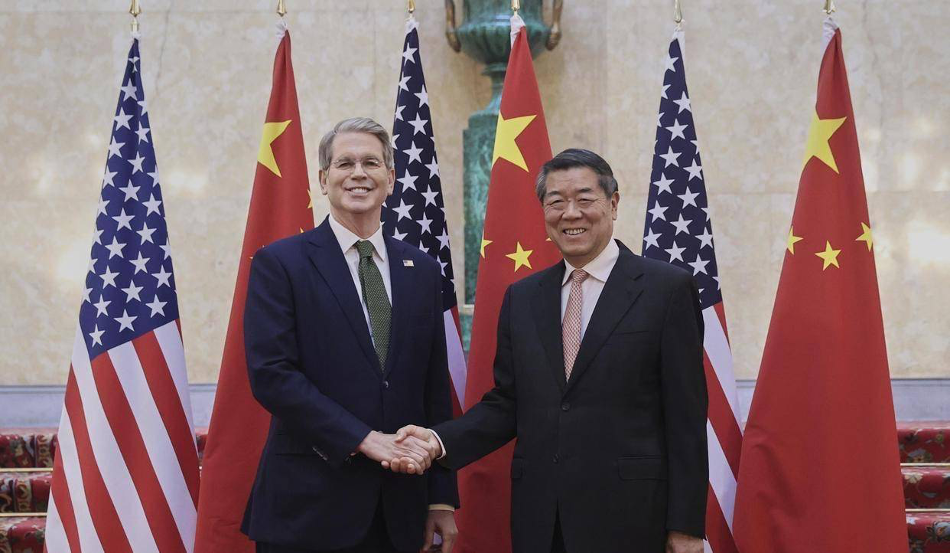YASTRZHEMBSKY MAY BECOME KREMLIN’S NEW INFORMATION TSAR.
YASTRZHEMBSKY MAY BECOME KREMLIN’S NEW INFORMATION TSAR.
While Press Minister Mikhail Lesin took a high profile this week both in trying to counter Western criticism of Kremlin moves against the independent media and in talking up the idea of a Russian government propaganda offensive aimed at the United States, there are reports that President Vladimir Putin is less than happy with Lesin’s performance as press minister. In specific, Putin is said to be bothered by the fact that the issue of pressure against Russia’s independent media comes up constantly during his meetings with Western leaders. He is said to feel that Lesin–who was involved in an attempt last summer to force Media-Most founder Vladimir Gusinsky into sell off his holding to its main creditor, Gazprom, the partially state-owned natural gas monopoly–has failed in carrying out the task for which his ministry created: to “consolidate the administration of state agitprop,” as one observer put it. Last year, Lesin and Alfred Kokh, head of Gazprom-Media, signed an agreement with Gusinsky which committed the embattled media magnate to sell off Media-Most to Gazprom-Media in exchange for criminal charges against him being dropped. Gusinsky later renounced the agreement, saying it had been signed “at gunpoint,” and Lesin’s role in the deal was widely criticized (see the Monitor, September 20-21, 28-29, October 2, 2000).
As a result of these controversies, the presidential administration is reportedly in the process of creating, as an alternative to the Press Ministry, a special directorate for information and propaganda. The Kremlin reportedly considered a number of possible candidates to head this new directorate–including Vitaly Ignatenko, general director of the state’s Itar-Tass news agency, Mikhail Komissar, general director of the Interfax News Agency, and Vladislav Starkov, chief editor of the weekly newspaper Argumenty i Fakty. Putin’s choice, however, according to several media reports, ultimately fell on Sergei Yastrzhembsky, the former Moscow city government official and Kremlin spokesman who is today Putin’s spokesman on the Chechen conflict. Kremlin chief of staff Aleksandr Voloshin is said to have opposed Yaztrzhembsky’s appointment both for personal reasons and because Yastrzhembsky was once associated with the team of one of the Kremlin’s strong opponents, Moscow Mayor Yury Luzhkov (Obshchaya Gazeta, March 1). Lesin, on the other hand, reportedly backed Yastrzhembsky for the post, apparently both because he feared that Yastrzhembsky would otherwise be tapped to replace him and because he wanted to let someone else deal with the controversies surrounding the state’s relations with the media (Segodnya, February 20).
The Monitor is a publication of the Jamestown Foundation. It is researched and written under the direction of senior analysts Jonas Bernstein, Vladimir Socor, Stephen Foye, and analysts Ilya Malyakin, Oleg Varfolomeyev and Ilias Bogatyrev. If you have any questions regarding the content of the Monitor, please contact the foundation. If you would like information on subscribing to the Monitor, or have any comments, suggestions or questions, please contact us by e-mail at pubs@jamestown.org, by fax at 301-562-8021, or by postal mail at The Jamestown Foundation, 4516 43rd Street NW, Washington DC 20016. Unauthorized reproduction or redistribution of the Monitor is strictly prohibited by law. Copyright (c) 1983-2002 The Jamestown Foundation Site Maintenance by Johnny Flash Productions


